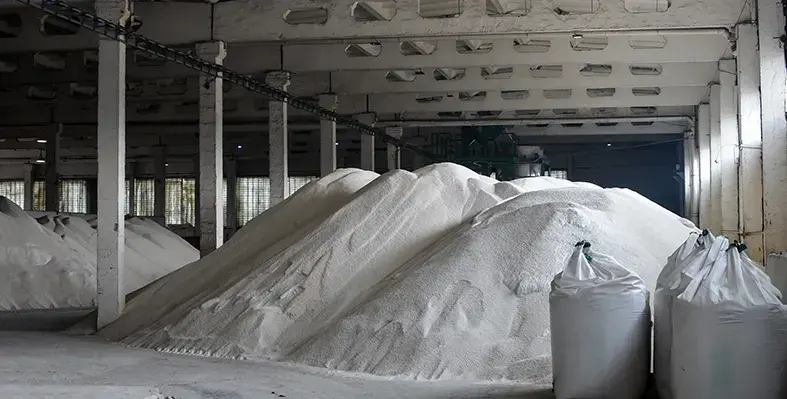South Africa’s Department of Agriculture has responded firmly to what it has labelled “misleading” claims from an agricultural lobby group regarding the handling of applications under the Fertilisers, Farm Feeds, Agricultural Remedies and Stock Remedies Act, 1947 (Act 36 of 1947).
The department maintains that, far from collapsing, the regulatory system has undergone extensive improvements designed to modernise operations and accelerate turnaround times.
Act 36 is central to the registration and oversight of pesticides, fertilisers, farm feeds and related agricultural inputs. In its latest update, the department emphasised that the backlog and delays raised in public discourse have been receiving focused attention since the appointment of Minister John Steenhuisen. “Upon assuming office, the Minister of Agriculture, John Steenhuisen, indicated that the backlogs and inefficiencies around the process would receive attention,” the department said.
Progress has been notable. In the current 2024/25 financial year alone, 6,617 applications have been processed and completed. Looking back over the past five years, 51,165 applications out of 56,890 received have been finalised. Despite varying processing times from two weeks to 24 months depending on the category the department says it is steadily improving efficiency.
A key milestone in this modernisation effort is the transition to digital systems. The first phase of the online registration platform, introduced in December 2023, now allows applicants to submit and track pesticide registrations electronically. This includes real-time status updates and access to publicly available lists of registered products. Steenhuisen welcomed the shift, noting: “Previously, applicants had to travel to the department's offices to file paperwork manually, a lengthy and often frustrating process. By going digital, the department is eliminating unnecessary delays and creating a 'fast track' for companies that comply with requirements from the start.”
The Minister added that full automation of the Agricultural Inputs Control System will improve accountability and ensure quicker processing for compliant applications. Manual pesticide submissions will end on 1 April 2026, with digital expansion to other input categories planned.
To further reduce backlogs, the Office of the Registrar has increased capacity, including appointing consultants to support application reviews. The current outstanding backlog stands at 5,730 applications, with the majority awaiting technical evaluation across agricultural remedies, animal feeds, stock remedies and fertilisers.
Meanwhile, Onderstepoort Biological Products (OBP) has dismissed concerns about a Rift Valley Fever vaccine shortage, confirming healthy stock levels. OBP has already distributed hundreds of thousands of doses and forecasts the production of millions more through early 2026 to support ongoing disease-control efforts.





